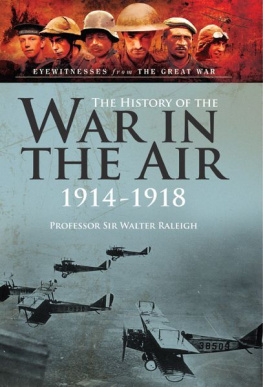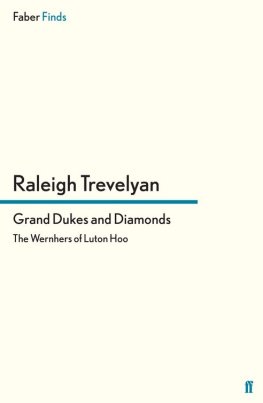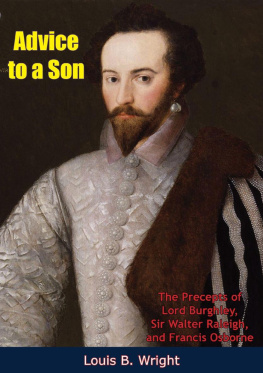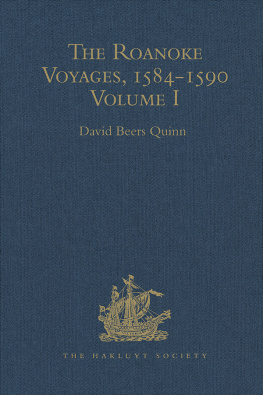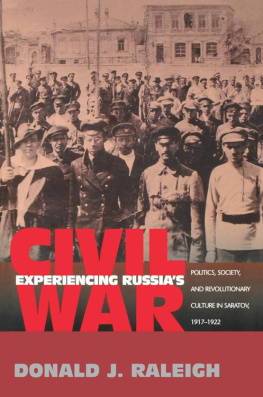
This edition published in 2014 by
Pen & Sword Aviation
An imprint of
Pen & Sword Books Ltd
47 Church Street
Barnsley
South Yorkshire
S70 2AS
This book was first published as The War In the Air; Being the Story of the Part Played In the
Great War By the Royal Air Force by Oxford Clarendon Press, 1922.
Copyright Coda Books Ltd.
Published under licence by Pen & Sword Books Ltd.
ISBN: 9781783462483
EPUB ISBN: 9781473850125
PRC ISBN: 9781473850309
A CIP catalogue record for this book is available from the British Library
All rights reserved. No part of this book may be reproduced or transmitted in any form or by
any means, electronic or mechanical including photocopying, recording or by any information
storage and retrieval system, without permission from the Publisher in writing.
Printed and bound in England
By CPI Group (UK) Ltd, Croydon, CR0 4YY
Pen & Sword Books Ltd incorporates the imprints of Pen & Sword Aviation, Pen & Sword
Family History, Pen & Sword Maritime, Pen & Sword Military, Pen & Sword Discovery, Pen
& Sword Politics, Pen & Sword Atlas, Pen & Sword Archaeology, Wharncliffe Local History,
Wharncliffe True Crime, Wharncliffe Transport, Pen & Sword Select, Pen & Sword Military
Classics, Leo Cooper, The Praetorian Press, Claymore Press, Remember When, Seaforth
Publishing and Frontline Publishing
For a complete list of Pen & Sword titles please contact
PEN & SWORD BOOKS LIMITED
47 Church Street, Barnsley, South Yorkshire, S70 2AS, England
E-mail:
Website: www.pen-and-sword.co.uk
C ONTENTS
P REFACE
T HE HISTORY OF which this is the first volume is, in the main, the history of the part played in the war by British air forces. It is based chiefly on the records of the Air Ministry collected and preserved at the Historical Section. The staff of the Section have spared no trouble to collect an immense amount of material and arrange it for use, to consult living witnesses, to verify facts down to the minutest details, and to correct any errors that may have crept into the narrative. Their main purpose has been to secure that any statement of fact made in this book shall be true and demonstrable. If in any particular instances they have failed in this purpose, it has not been for lack of pains and care.
Official records do not in themselves make history. They are colourless and bare. In the business of interpreting and supplementing them we have been much helped by the kindness of many military and naval officers and of many civilian experts. Their help, most of which is acknowledged in the text, has supplied us with the liveliest things in this book. We could wish that we had more of it. Naval and military officers do not advertise, and are reluctant to speak publicly of the part that they played in the war. They are silent on all that may seem to tell to their own credit or to the discredit of others, and this silence easily develops into a fixed habit of reticence. We are the more grateful to those who have helped us to a true account by telling of what they saw. The best part of the book is yet to come; if the theme is to be worthily treated, it must be by the help of those who remember and of those who know.
The writer of this history has endeavoured to make his narrative intelligible to those who, like himself, are outsiders, and, with that end in view, he has avoided, as far as possible, the masonic dialect of the services. For the few and cautious opinions that he has expressed he alone is responsible. In controverted questions, though he has not always been careful to conceal his own opinion, he has always tried so to state the grounds for other opinions that those who hold these other opinions may think his statement not unfair. If his own opinion is wrong, the corrective will usually be found near at hand. The position of an outsider has grave disabilities; if a measure of compensation for these disabilities is anywhere to be found, it must be sought in freedom from the heat of partisan zeal and from the narrowness of corporate loyalty.
Some of the men who early took thought for their countrys need, and quietly laboured to prepare her against the day of trial, are here celebrated, and their names, we hope, rescued from neglect. The men who flew over the fire of enemy guns were so many that comparatively few of their names, and these chosen almost by accident, can here be mentioned. There were thousands of others just as good. The heroes of this story, let it be said once and for all, are only samples.
Some apology perhaps is necessary for the variety which has been found inevitable in naming particular men. A mans Christian name and surname are his own, but change and promotion were rapid during the war, so that the prefixes to these names varied from year to year. Where we are describing a particular deed, we give the actors the rank that they held at the time. Where we speak more generally, we give them the rank that they held when this history was written.
W ALTER R ALEIGH .
I NTRODUCTION
W HEN GREAT BRITAIN declared war upon Germany in August 1914, she staked her very existence as a free nation upon an incalculable adventure. Two new means and modes of warfare, both of recent invention, enormously increased the difficulties of forecast and seemed to make precedents useless. Former wars had been waged on the land and on the sea; the development of submarines and aircraft; opened up secret ways of travel for armed vessels under the sea and promised almost unlimited possibilities of observation and offence from the heights of the air.
Of these two new weapons the submarine was brought earlier to a state of war efficiency, and because it seemed to threaten the security of our island and the power of our navy, it excited the greater apprehension. But the navigation of the air, whether by airship or aeroplane, is now recognized for the more formidable novelty. The progress of the war has proved that within the narrow seas the submarine can be countered, and that the extension of its capabilities on the high seas is beset with difficulties. For aircraft the possibilities are immense. It is not extravagant to say that the 17th of December 1903, when the Wright brothers made the first free flight through the air in a power-driven machine, marks the beginning of a new era in the history of the world.
The differences to be looked for in this new era were both overestimated and under-estimated, according to the temper of those who considered them. Imaginative people, and sentimental people, looked for the speedy fulfilment of Tennysons vision:
For I dipt into the future, far as human eye could see,
Saw the Vision of the world, and all the wonder that would be;
Saw the heavens fill with commerce, argosies of magic sails,
Pilots of the purple twilight, dropping down with costly bales;
Heard the heavens fill with shouting, and there raind a ghastly dew
From the nations airy navies grappling in the central blue;
Far along the world-wide whisper of the south-wind rushing warm,
With the standards of the peoples plunging thro the thunder-storm;
Till the war-drum throbbd no longer, and the battle-flags were furld
In the Parliament of man, the Federation of the World.
The Germans, who as a people fall easy victims to agreeable sentiment, indulged extravagant hopes from war in the air, and expected great achievements from their Zeppelins. On the other hand, the English, who are less excitable, were comparatively slow as a nation to appreciate the importance of the new invention. Conservative and humorous minds are always conscious chiefly of the immutable and stable elements in human life, and do not readily pay respect to novelty. Those who were responsible for the naval and military defences of the country preserved great coolness, and refused to let judgement outrun experience. They knew well that the addition to mans resources of yet another mode of travel or transport does not alter the enduring principles of strategy. They regarded the experiment benevolently, and, after a time, were willing to encourage it, but up to the end of the year 1911, says an official report, the policy of the Government with regard to all branches of aerial navigation was based on a desire to keep in touch with the movement rather than to hasten its development. It was felt that we stood to gain nothing by forcing a means of warfare which tended to reduce the value of our insular position and the protection of our sea-power. When the Wright brothers offered to sell their invention to the British Admiralty, the offer was refused.
Next page
